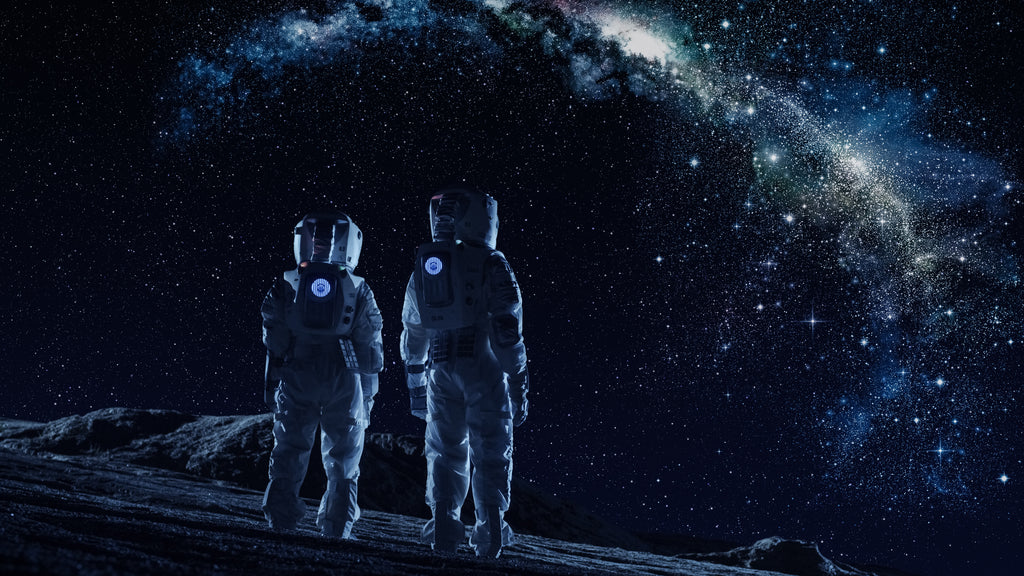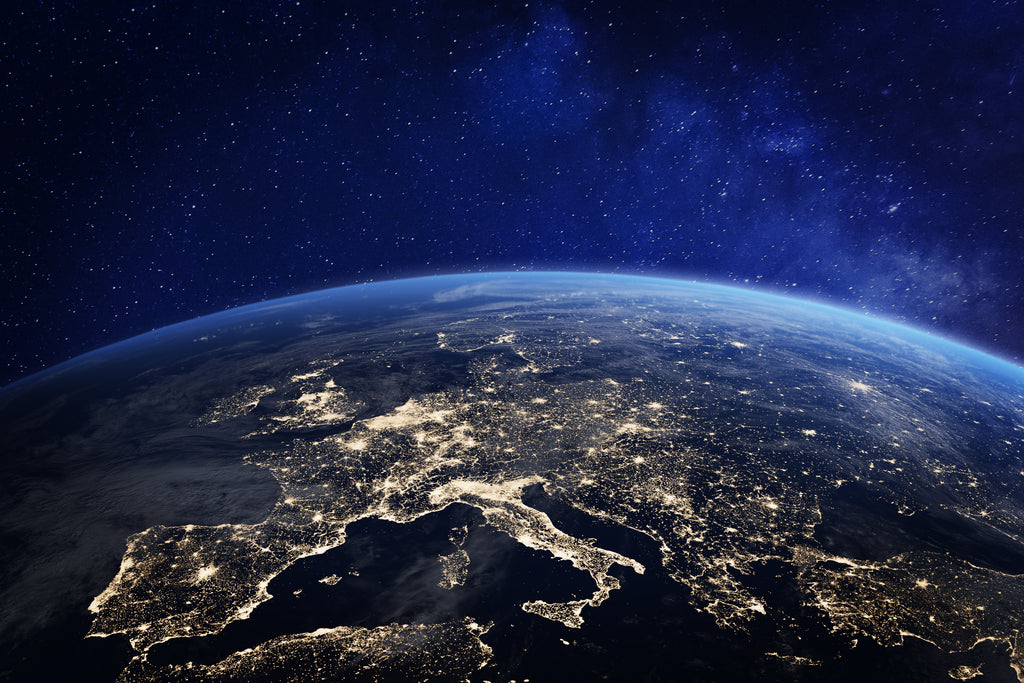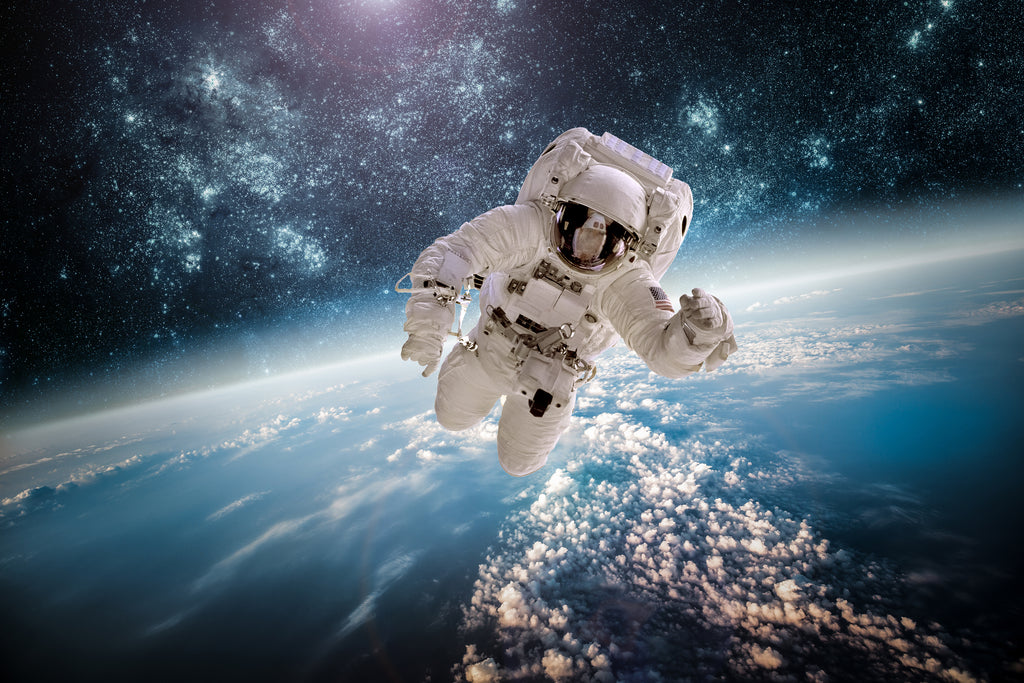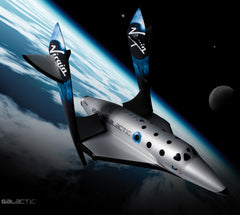The dream of a vacation in space is almost as old as space travel itself. This dream of mankind was inspired not least by the moon landing in 1969 and above all by the entertainment industry with films such as Odyssey 2001 or Interstellar. There are now some very interesting developments in space tourism. But what is already possible and what is still ahead of us? And why do many see space tourism as an important driving force for the development of our planet and the continued existence of our civilization? The most important points are quickly summarized here.

The development of space tourism until today
As early as 1968 - and thus a year before the first person was supposed to set foot on the moon - there was already a waiting list for tourists who wanted to fly to the moon. At that time the American airline Pan America Airways founded the "First Moon Flights Club". Its members hoped to be able to start their journey into space at the beginning of the next millennium at the earliest. But even though more than 90,000 members had joined the club by 1971 - including the future US President Ronald Reagan - hardly anyone thought it possible that privately owned spaceships would one day launch into space.
But this is exactly what has already become a reality with SpaceX and Virgin Galactic. And according to the vision of private entrepreneurs like Richard Branson, Elon Musk and Jeff Bezo, this is only the beginning of a new era in space travel in which space tourism plays a central role. Incidentally, the US entrepreneur Dennis Tito holds the title of the first space tourist in human history. For a price of $ 20 million, he spent from April 28 to May 6, 2001 as a private individual on the ISS. Since then, there have been frequent one to two-week visits to the ISS from private individuals, who also paid a double-digit million amount in dollars.
The current possibilities of space tourism
There are already some plans to offer flights into space more cheaply and thus make them accessible to a wider audience. In fact, tourists can already book suborbital flights into space. Commercial space flights are already being offered by private companies, but these are still in the final test phase.
On these flights, the Kármán line will initially be overflown for a short time. This is a boundary at an altitude of 100 km that defines the transition from the earth's atmosphere to space. This limit is exceeded in complete weightlessness for 3 minutes and at the same time offers a fantastic view of our planet. This short trip into space costs 200,000 dollars and is therefore significantly cheaper than the stays on the ISS.
Opportunities and further developments in space tourism
When it comes to space tourism, it's not just about well-heeled adventurers looking for a very special experience. In this way, space tourism is intended to finance research that is of crucial importance for the continued existence and further development of our planet and thus also of human civilization. What at first sounds like a lot of pathos actually follows a very sober realism.On the one hand, space travel has always been seen as the initiator and driver of new technologies that have made a decisive difference to mankind. It is about satellites, for example, which have decisively changed the communication and information possibilities of our civilization through television, navigation and cellular networks. Earth observation will also play an increasingly important role in terms of climate change.

On the other hand, our resources on earth are limited. Therefore, the mining of raw materials on asteroids will play a very important role in the future. Just like the continued existence of mankind regardless of the earth. The important thing here will be the reduction in costs, but also the environmental compatibility of suborbital space flights, which can only be achieved through technical progress. Which in turn will benefit humanity in other areas as well.
Space tourism will play an important role in funding this research. Therefore, in the future, the tourism industry could produce a new form of leisure economy, in which interplanetary travel, for example to Mars, becomes a reality. Here, too, private companies are already deep in the planning phase. If you don't want to wait for the future, you can book your first trip into space with us today.
Written by Dirk Auberlen
Your personal ticket into space
Designreisen Space Travel



